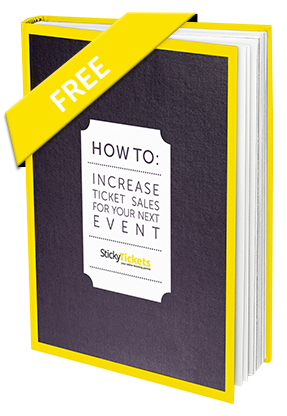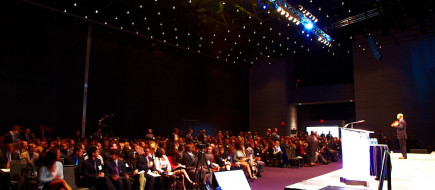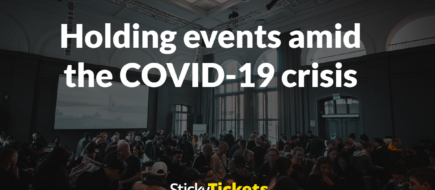How to Price Tickets for Your Event
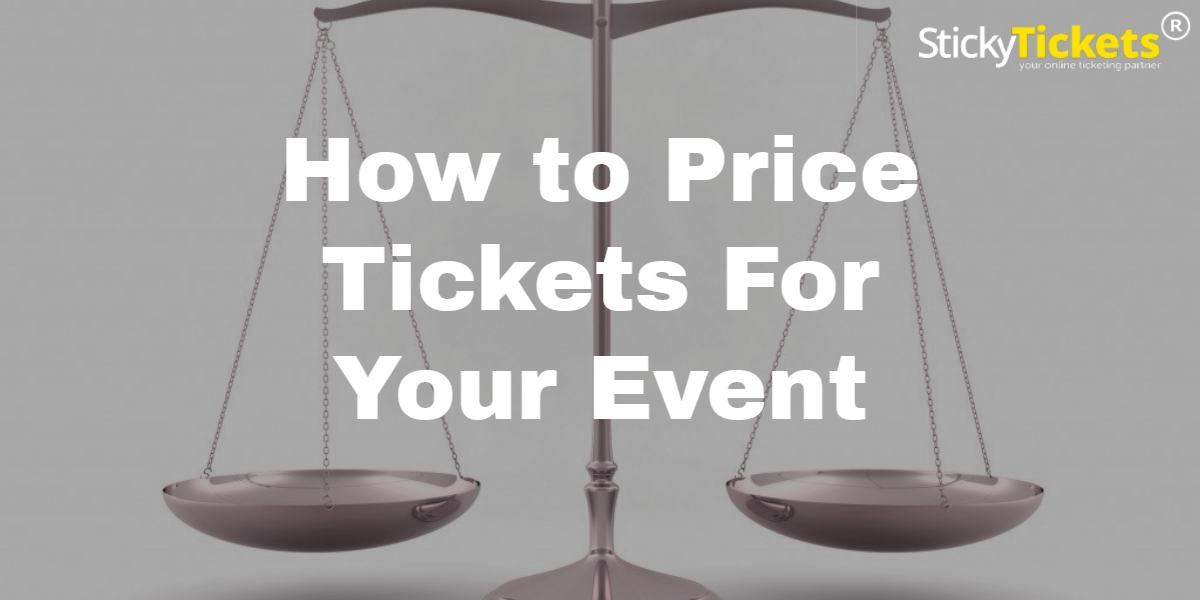
Pricing tickets for your event is a very difficult formula to work out, with many variables involved. You need to price your tickets so that they are affordable for attendees, however they also need to be priced so that the event is profitable for you.
A great place to start in the process is to work out how much your event will cost. Add up all expenses involved, both direct and indirect, such as venue, speakers, food and marketing costs. The number you have now is your break-even point. Next, try and work out how many tickets you may potentially sell, but be realistic!!! If you divide this number of tickets by your break-even point, you will have the minimum amount you can sell tickets for. Keep in mind that this number is assuming you will sell all tickets. The next step is to work out how much profit you need or want to make from this event. Adding this to your break-even number, you can then divide that by the number of tickets estimated to be involved. This is your ‘cost-plus’ price.
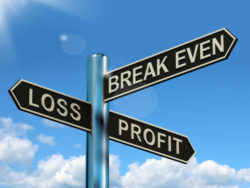
Research similar events. Make sure these are events with a good turnout, with similar offerings. How does your ticket price compare? Do you have something unique to offer they don’t have? This will allow you to see how you compare to other events, the value you offer, and therefore how you could price your tickets.
Other factors to consider…. What is the perceived value of your event? This is the value that attendees will receive by attending your event. If you price your tickets higher than the perceived value, chances are you won’t sell many. Also, who is paying for your tickets? If you are running a corporate event, you may be able to price slightly higher, as attendees will be less concerned with price if their company is paying.
It’s a good idea to set price tiers with different ticketing options. This could mean an early bird ticket to encourage early sales, a quantity discount for purchasing bulk tickets, or a loyalty discount. Creating a VIP ticket for attendees to have a more elevated experience can also mean you are able to charge a higher ticket price. If you have reserved seats, you can charge more based on how close the seats are to the action. Are you selling merchandise at your event? Do you have more events you’d like to get these attendees to come to? If you’d like to offer these things for purchase at a reduced price ONLY if they purchase during checkout, you can create a sub-ticket. Knowing that they’re getting a better deal and the fact that they can make the purchase at the same time can encourage more sales.
Compare how ticket sales were for your last event, and what your pricing was. Asking attendees for feedback from previous events also gives you valuable insight as to the perceived value and what they see as realistic prices. Monitor your tickets sales- if tickets sales are slow, you can reduce the ticket price closer to the event or offer discounts. Keep a close eye on your sales so you can adjust as you go.
Remember that people equate quality with price. It is a difficult balance to find just the right price, but you need to start with your break-even amount. Then take into account the cost of similar events, the perceived value of your event, and offer different ticket option with different prices. If you constantly monitor your sales and adjust as you go, you should find that perfect balance!
